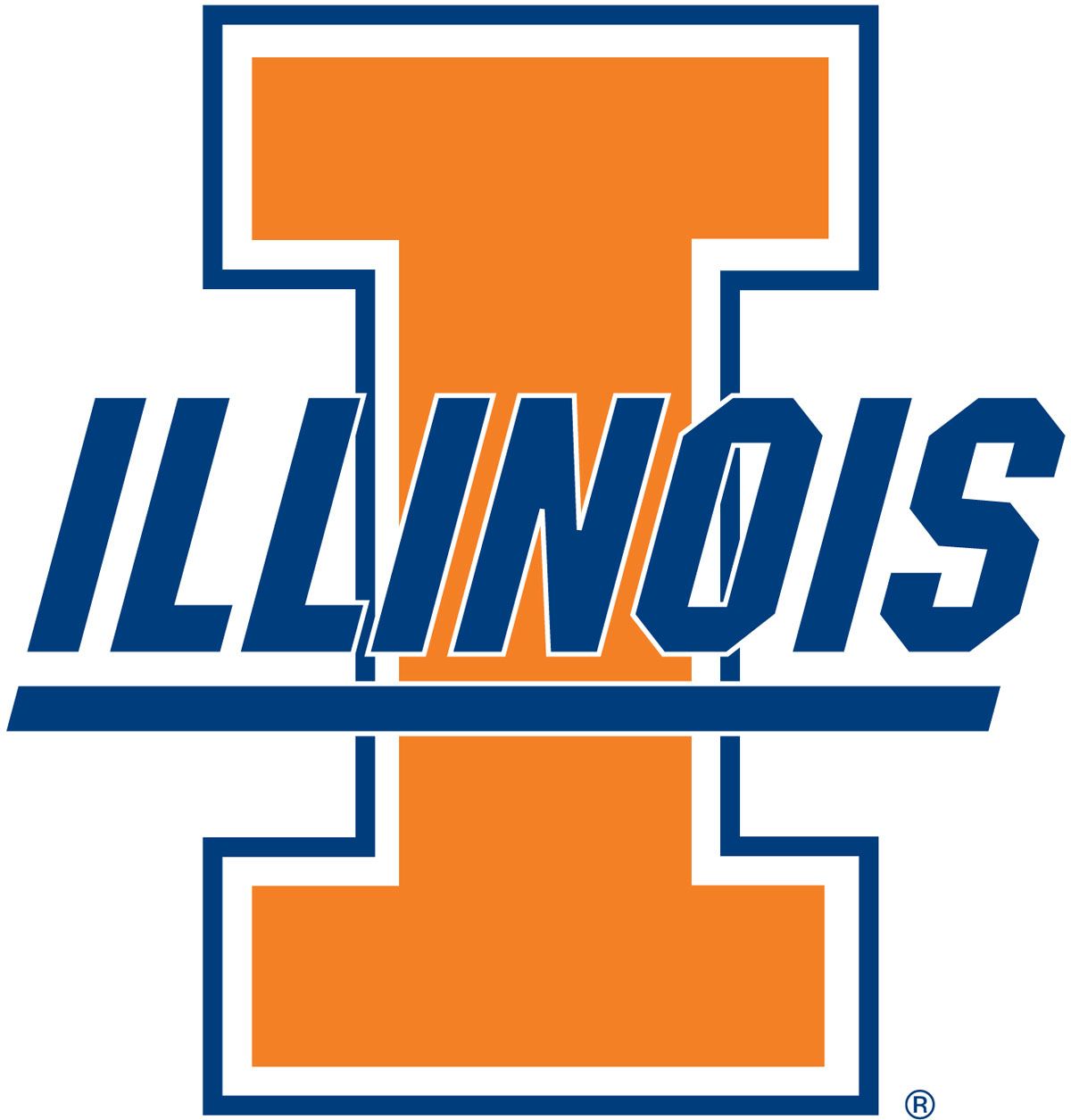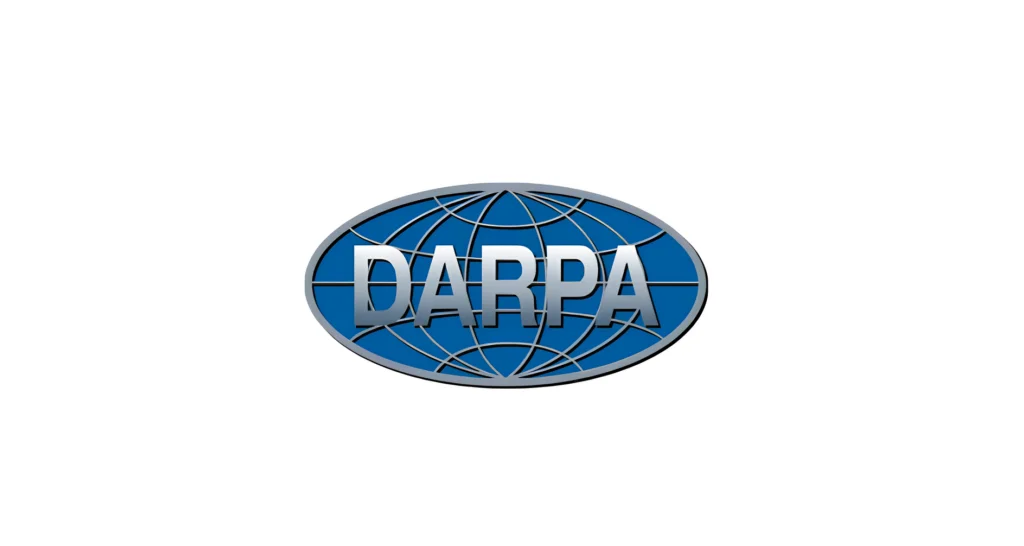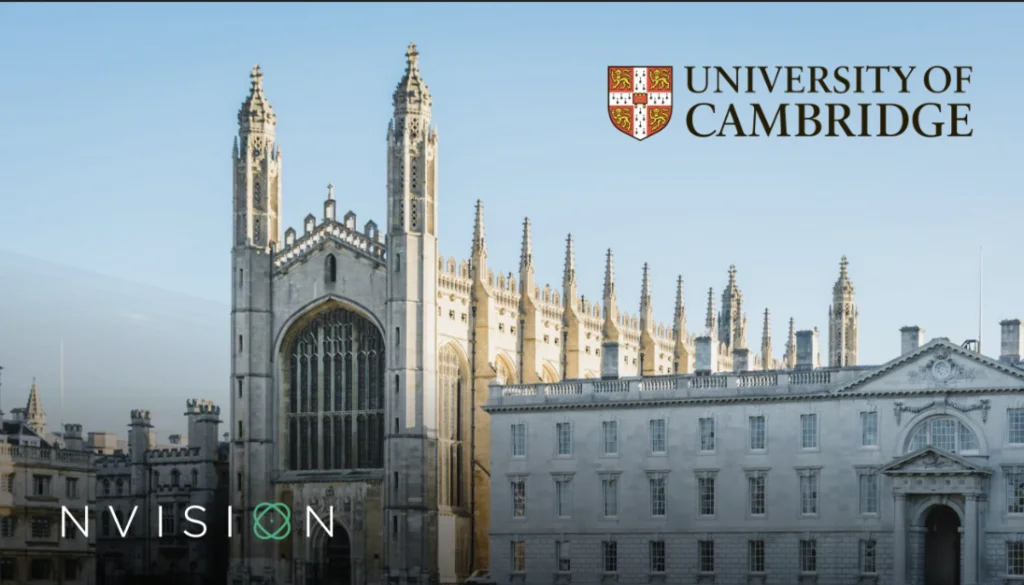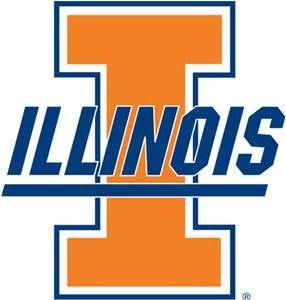
Revolution 4.0
As covered in numerous articles here at TQD, although we are a platform whose key focus is the commercial applications of quantum technologies, we realize many of the great innovations and thought leaders are from the academic research universities and institutes around the globe.
Without them, we would have no industry. Without them, no ideas, employers and employees. From country to country, and region to region, groups, centres and initiatives a springing up to create the industrial revolution 4.0. The majority of these are, at the moment at least, in the United States, but that would be no surprise to anyone who knows anything noteworthy about quantum information science and quantum technology in general.
Quantum tech centres like the Institute for Quantum Information and Matter (IQIM) at the California Institute of Technology, MIT’s Center for Quantum Engineering (MIT-CQE), MIT’s Lincoln Laboratory — Quantum Information and Integrated Nanosystems, MIT’s Engineering Quantum Systems Group (can you believe they have three, the greedy souls), and the Quantum Information Center at the University of Texas at Austin are leading the way.
Smaller universities, too, have their representatives: Lehigh University’s Quantum Computing and Optimization Lab (QCOL) and Stony Brook University’s research efforts are competing with the big boys in many areas of quantum information science.

IQUIST
Another one, the Illinois Quantum Information Science and Technology Center (IQUIST), part of the University of Illinois Urbana-Champaign, joins Indiana University Bloomington, Northwestern University, Purdue University, Southern Illinois University, the University of Chicago, the University of Oklahoma, the University of Wisconsin at Madison, and Wichita State University in developing their own respective quantum tech initiatives in the American Midwest. Headed by managing director Emily Edwards, director Professor Paul Kwiat, a specialist in optical quantum information processing, hyper-entangled photon sources and quantum memories, and Kelly C. Foster, the program coordinator, IQUIST’s mission is to:
advance quantum technology and train a quantum-smart workforce through collaborative, cross-disciplinary research programs
Since it was launched in 2018 off a $15M investment, IQUIST has been a hotbed of collaboration between ‘physicists, electrical engineers, computer scientists, mathematicians, entrepreneurs, and other experts to accelerate growing efforts in quantum information science’.
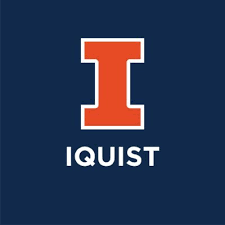
Major Contributions
The University of Illinois Urbana-Champaign itself has somewhat of a reputation in the story of modern technology, having contributed to the world the quantum-well laser, a crucial aspect of fibre-optic communications. It can also boast of possessing one of the first supercomputers at an academic institution (ILLIAC), as well as the first modern web browser (Mosaic). With such illustrious claims to vaunt, it’s no wonder they feel confident delving into the more complicated world of quantum information science.
“Quantum science and technology researchers are bold, and they face immense and difficult challenges — like any trailblazer. IQUIST will serve as the launching pad of innovations in quantum science and engineering. Building on our past and our current strengths, our scientists and engineers will lead the quantum information revolution to develop a new paradigm in computing and information processing.”
— Rashid Bashir, Dean of Illinois’ Grainger College of Engineering
IQUIST’s focus is on the areas of distributed quantum processing and quantum networks, and its team of research members and affiliates, top of their fields in physics, aerospace engineering, computer science, maths, and chemistry — along with the help of partnerships with the Chicago Quantum Exchange, the University of Chicago, Argonne National Laboratory, and Fermi National Accelerator Laboratory — will hopefully take the initiative to the next level.
If you found this article to be informative, you can explore more current quantum news here, exclusives, interviews, and podcasts.

